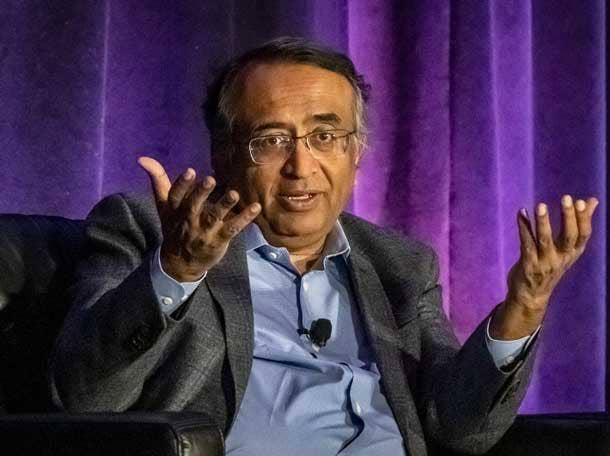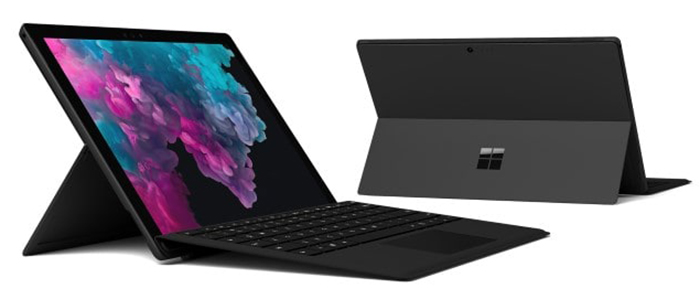Spanish Football League Demands Google Testimony In Piracy Case

Table of Contents
La Liga's Argument: The Case for Google's Accountability
The Scale of the Problem: Illegal Streaming's Impact on La Liga's Revenue
Illegal streaming of La Liga matches represents a substantial threat to the league's financial stability. The scale of the problem is immense, impacting revenue streams in several critical ways:
- Significant loss of broadcast revenue: Millions of euros are lost annually due to viewers opting for illegal streams instead of legitimate broadcast channels. Precise figures are difficult to obtain due to the clandestine nature of piracy, but industry estimates suggest losses in the tens of millions.
- Erosion of sponsorship deals: Reduced viewership on official channels directly affects the attractiveness of sponsorship opportunities, leading to decreased investment from major brands. This undermines La Liga's ability to fund its operations and player salaries.
- Hampered global fanbase growth: Piracy undermines La Liga's efforts to expand its global reach. Easy access to free, illegal streams discourages potential fans from subscribing to legitimate services, hindering international growth and market penetration.
Google's Alleged Role: Facilitating Piracy Through AdSense and Search
La Liga alleges that Google plays a significant role in facilitating this piracy through two key channels:
- Google AdSense: La Liga claims that Google AdSense generates revenue from ads displayed on websites and platforms that illegally stream La Liga matches. This, they argue, makes Google complicit in the infringement of their copyright.
- Google Search: The argument also focuses on Google's search algorithm. La Liga contends that users searching for terms like "ver La Liga online gratis" (watch La Liga online for free) or similar keywords are frequently directed to illegal streaming sites through Google's search results. This, they claim, directly contributes to the proliferation of piracy.
Legal Precedents and Similar Cases: Setting a Benchmark for Future Actions
La Liga’s legal strategy draws upon precedents set in similar cases where technology companies have been held accountable for facilitating piracy. This case aims to establish a benchmark for the future, clarifying the responsibilities of tech giants in protecting copyrighted content. The legal basis for La Liga's claim rests on principles of contributory infringement and vicarious liability, arguing that Google benefits from and facilitates the infringement of La Liga's copyright. The potential ramifications for Google could be significant, including substantial fines and legal obligations to better control the content indexed by its search engine and the ads served through its AdSense program.
Google's Response and Potential Defenses
Google's Stance: Denial of Responsibility and Emphasis on Copyright Policies
Google has responded to La Liga’s claims by denying direct responsibility for the piracy. They emphasize their existing copyright policies and efforts to remove infringing content when notified. Google highlights its investment in tools and technologies to detect and remove pirated content, including the use of DMCA takedown notices.
Technological Challenges in Combating Online Piracy: A Complex Issue
Combating online piracy is a complex technological challenge. The rapid evolution of illegal streaming platforms and techniques creates a “cat and mouse” game between copyright holders and those distributing pirated content. While Google utilizes DMCA takedown notices, the sheer volume of infringing content and the constant emergence of new platforms make complete eradication extremely difficult.
The Implications for Other Tech Companies and Copyright Holders
The outcome of this case will have significant implications for other tech companies and copyright holders worldwide. It could set a precedent, influencing how courts view the responsibilities of platform providers in addressing online piracy. The ruling will likely impact the future of online content distribution and copyright protection, particularly within the sports industry and beyond.
Conclusion: The Future of Copyright Protection in the Digital Age: La Liga's Fight Continues
This legal battle between La Liga and Google highlights the crucial issue of copyright protection in the digital age. La Liga argues that Google's actions contribute to significant financial losses, while Google maintains its role is primarily that of a platform provider. The case’s outcome will profoundly impact the responsibilities of tech giants in addressing online piracy and could reshape the landscape of digital content distribution. Follow the updates on La Liga's fight against piracy to stay informed about this pivotal case and its broader implications for the future of copyright protection in sports and beyond. Stay tuned for developments in the La Liga vs. Google case and learn more about the legal battle against online piracy in the Spanish football league.

Featured Posts
-
 Investigating The Surveillance Capabilities Of Ai Therapy Applications
May 16, 2025
Investigating The Surveillance Capabilities Of Ai Therapy Applications
May 16, 2025 -
 Rethinking Middle Management Their Essential Contribution To Business Growth
May 16, 2025
Rethinking Middle Management Their Essential Contribution To Business Growth
May 16, 2025 -
 Broadcoms Proposed V Mware Price Hike A 1050 Increase According To At And T
May 16, 2025
Broadcoms Proposed V Mware Price Hike A 1050 Increase According To At And T
May 16, 2025 -
 La Liga Extends Reach With Multi Year Fan Code Partnership
May 16, 2025
La Liga Extends Reach With Multi Year Fan Code Partnership
May 16, 2025 -
 Ecuadorian Authorities Charge Former Vice President In Political Murder Case
May 16, 2025
Ecuadorian Authorities Charge Former Vice President In Political Murder Case
May 16, 2025
Latest Posts
-
 The Impact Of Trump Tariffs On The Cost Of Replacing Your Phone Battery
May 17, 2025
The Impact Of Trump Tariffs On The Cost Of Replacing Your Phone Battery
May 17, 2025 -
 Covid 19 Pandemic Lab Owners Guilty Plea For Falsified Test Results
May 17, 2025
Covid 19 Pandemic Lab Owners Guilty Plea For Falsified Test Results
May 17, 2025 -
 The Future Of Microsoft Surface A Streamlined Lineup
May 17, 2025
The Future Of Microsoft Surface A Streamlined Lineup
May 17, 2025 -
 Microsoft Streamlines Surface Lineup Which Product Is Next
May 17, 2025
Microsoft Streamlines Surface Lineup Which Product Is Next
May 17, 2025 -
 Microsoft Surface Simplification Another Device Cut
May 17, 2025
Microsoft Surface Simplification Another Device Cut
May 17, 2025
